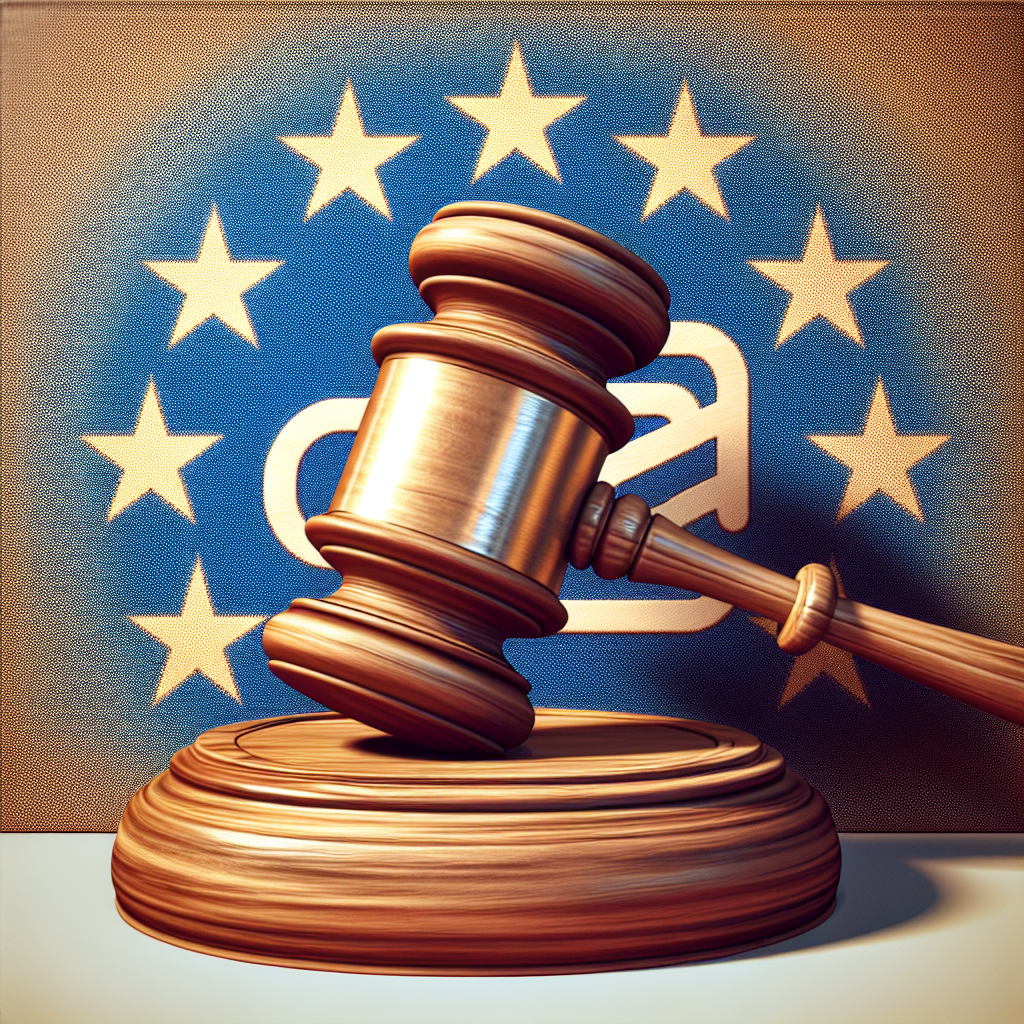The regulatory body of the European Union announced on Friday that Elon Musk’s social media platform has violated its rules regarding advertising transparency, data access for researchers, and user information.
The decision by the European Commission comes months after it began investigating whether X — the rebranded version of Twitter after Musk acquired it in October 2022 — broke the Digital Services Act (DSA). This law mandates major digital platforms and their owners to protect user privacy and prevent the spread of harmful content online.
The commission stated that X has not adhered to its rules for transparency in advertising, as it doesn’t maintain a searchable database for advertisements. In contrast, Meta’s Facebook has an ad library where users can search for advertisements from the past year and those focused on political or social issues from the past seven years.
Musk’s platform has also been criticized for not providing public data access to researchers. The commission highlighted Musk’s decision to place X’s application programming interface (API) — which allows researchers access to about 10 million posts monthly — behind a costly paywall, halting over 100 research projects.
Additionally, the commission found X’s verification system misleading users into thinking some accounts are legitimate. Since Musk took over, the traditional blue checkmarks indicating notable users were replaced by those tied to subscription accounts that anyone can buy. The commission noted evidence of malicious actors abusing the ‘verified account’ status to deceive users.
“BlueChecks used to be trustworthy sources of information,” said Thierry Breton, the E.U. commissioner for the internal market. “We also consider that X’s ads repository and conditions for data access by researchers are not in line with the DSA transparency requirements.”
Musk responded to the decision, questioning the legitimacy of Breton’s statements and calling the DSA “misinformation.” He accused the European Commission of offering X an illegal deal to censor speech without imposing fines, which other platforms allegedly accepted, though he did not specify which platforms.
Breton countered Musk’s accusations, stating there has never been any “secret deal” and that the DSA permits large platforms to offer commitments to resolve issues, noting that X requested clarification and settlement explanations from the commission.
The commission’s findings are preliminary, and X has the opportunity to respond. If the commission upholds its preliminary findings, X could face fines up to 6% of its total worldwide annual revenue and be ordered to address the E.U.’s concerns.
In recent months, the commission has also targeted other tech giants like Apple, Microsoft, and Meta for violating the Digital Markets Act.
